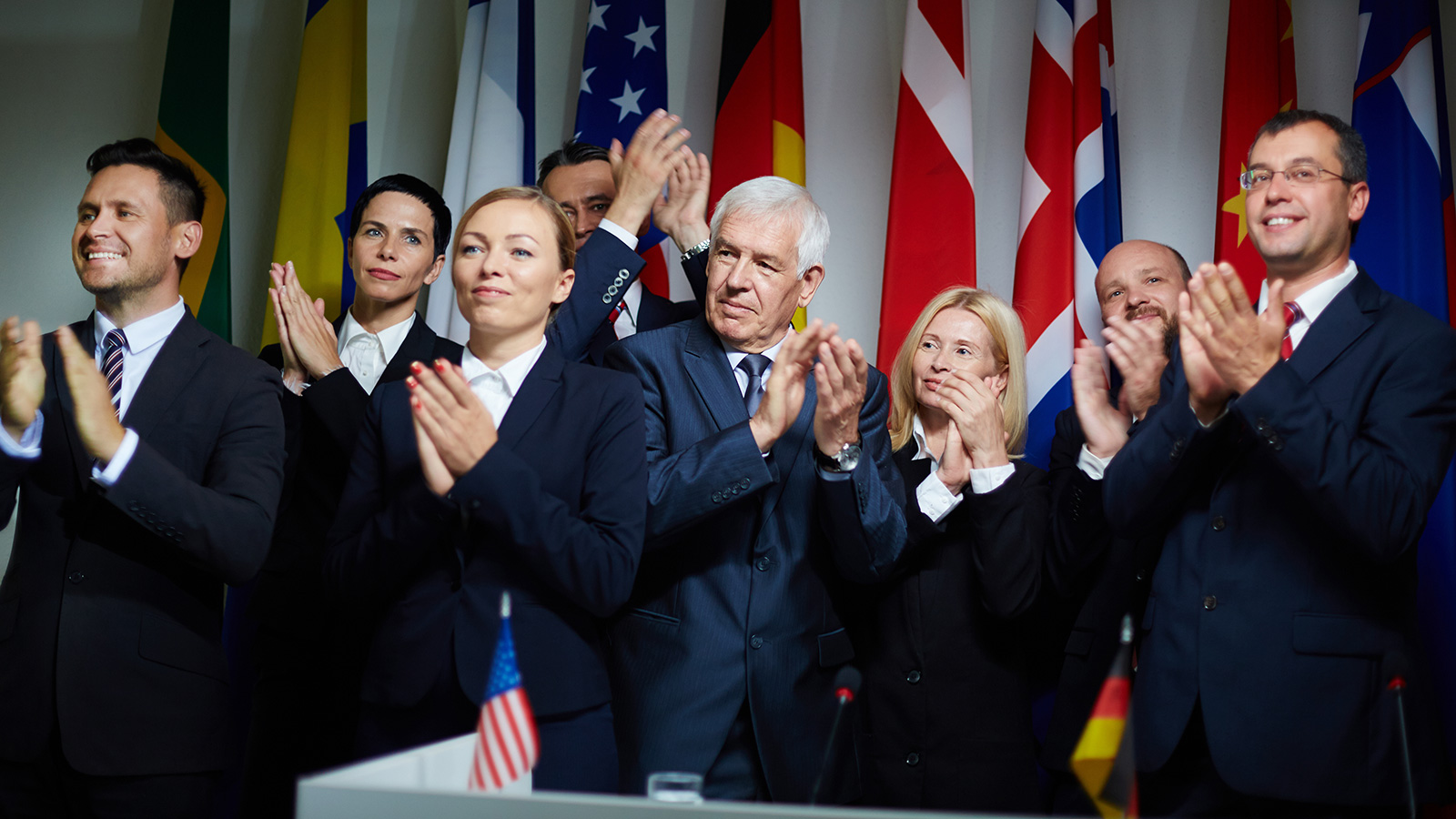As the world becomes more interconnected, it’s important to keep a close eye on the political influences that can impact global markets. Political decisions, policies, and events can have significant effects on economies and financial markets around the world. In this article, we will explore some of the latest political influences on global markets and their potential implications.
Trade Wars and Tariffs
One of the most prominent political influences on global markets in recent years has been the rise of trade wars and the imposition of tariffs. Trade disputes between major economies, such as the United States and China, can lead to increased tariffs on imported goods, which can disrupt supply chains and increase costs for businesses and consumers.
These trade tensions can have a ripple effect across various industries and countries. For example, higher tariffs on steel and aluminum can impact the automotive and construction sectors, while tariffs on agricultural products can affect farmers and food prices. Investors and businesses closely monitor these developments as they can significantly impact profitability and market stability.
Geopolitical Tensions
Geopolitical tensions, such as conflicts between nations or regional instability, can also have a profound impact on global markets. Political unrest, military conflicts, or the threat of terrorism can create uncertainty and volatility in financial markets.
For example, tensions in the Middle East can lead to fluctuations in oil prices, as the region is a major producer and exporter of oil. Any disruption in the supply of oil can have far-reaching consequences for energy-dependent industries and economies worldwide.
Investors often closely monitor geopolitical developments and assess their potential impact on markets. They may adjust their investment strategies or allocate resources to more stable regions during times of heightened geopolitical risk.
Government Policies and Regulations
Government policies and regulations can significantly influence global markets. Changes in tax policies, monetary policies, or regulations can impact businesses, industries, and investors.
For instance, a government’s decision to lower corporate tax rates can incentivize businesses to invest and expand, stimulating economic growth. On the other hand, stricter regulations on industries such as banking or technology can affect profitability and market dynamics.
Investors and businesses closely follow government policies and regulations to anticipate potential changes that may impact their operations or investments. They may adjust their strategies accordingly to mitigate risks or take advantage of new opportunities.
Elections and Political Transitions
Elections and political transitions can introduce uncertainty and potential policy changes, which can affect global markets. Investors and businesses often closely monitor election campaigns and outcomes to assess the potential impact on economies and markets.
For example, a change in government leadership may lead to shifts in economic policies, trade agreements, or fiscal priorities. These changes can create opportunities or challenges for specific industries or regions.
It’s important to note that political influences on global markets are not always negative. Positive political developments, such as the implementation of pro-business policies or the resolution of trade disputes, can boost investor confidence and drive market growth.
Conclusion
Political influences on global markets are complex and multifaceted. Trade wars, geopolitical tensions, government policies, and elections all play a significant role in shaping the global economic landscape.
Investors, businesses, and policymakers need to stay informed about the latest political developments and their potential impact on markets. By understanding and adapting to these influences, stakeholders can navigate the ever-changing global economy more effectively and make informed decisions.




































